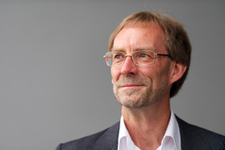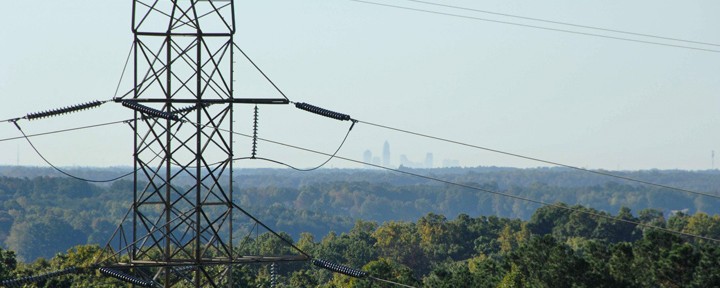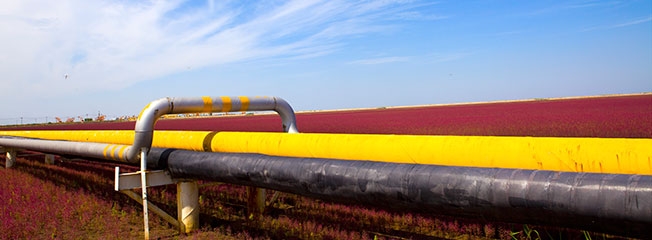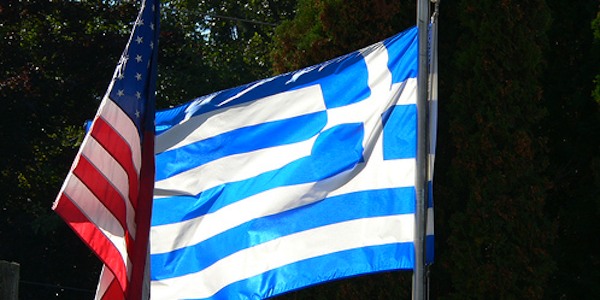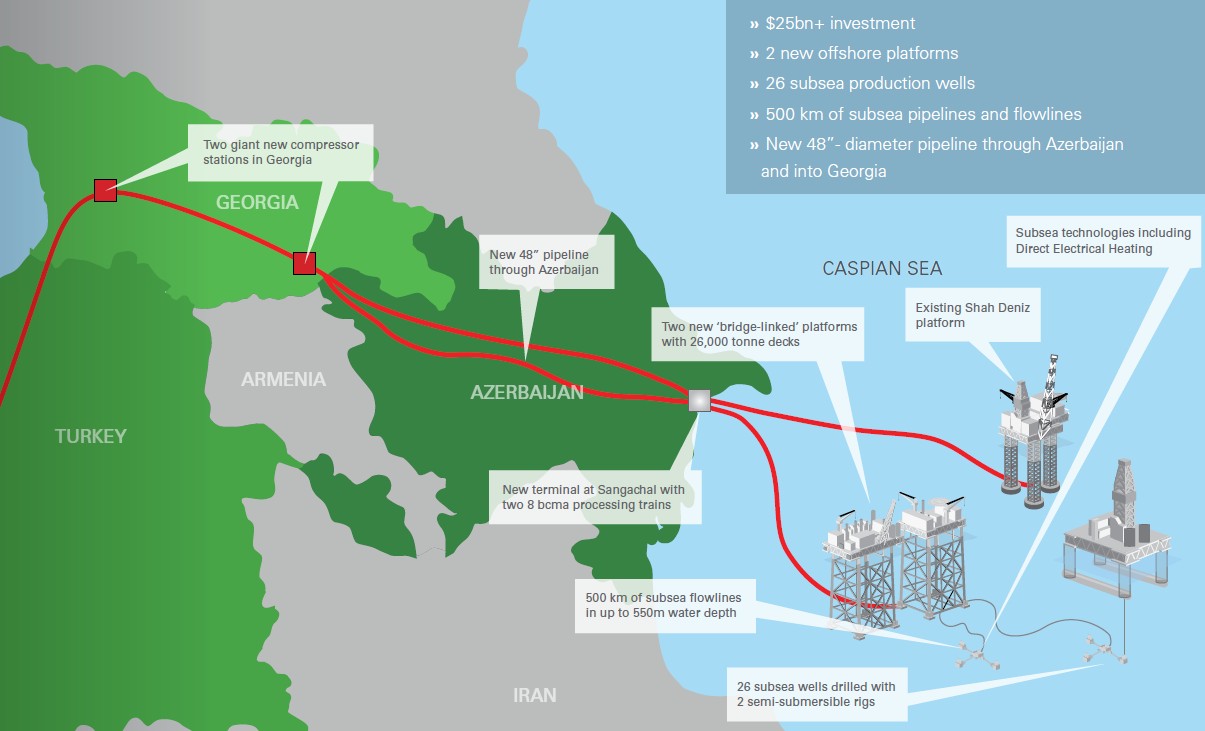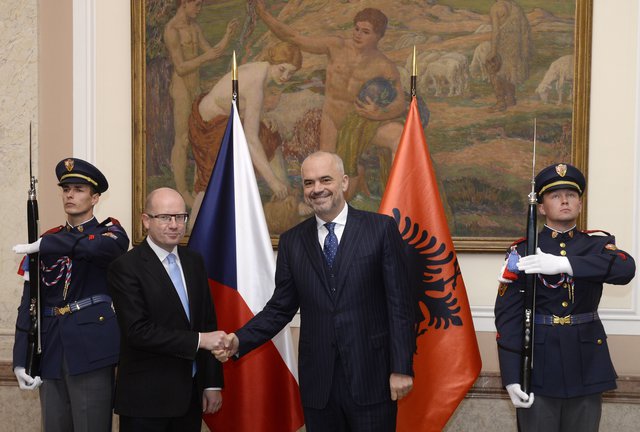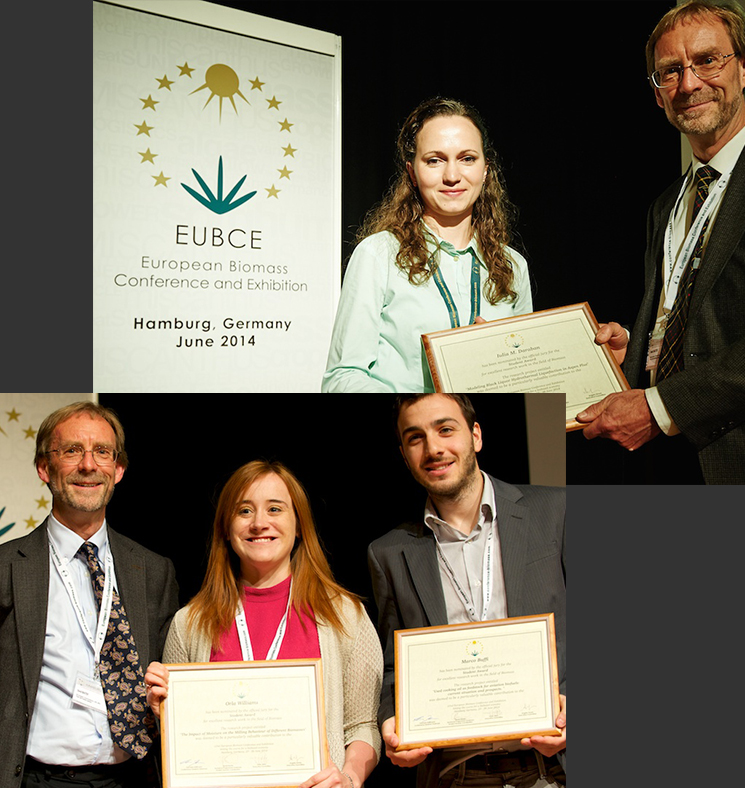
24th European Biomass Conference and Exhibition (EUBCE) in Amsterdam
 The European Biomass Conference and Exhibition (EUBCE) is a world class annual event which, since 1980, is held at different venues throughout Europe.
The European Biomass Conference and Exhibition (EUBCE) is a world class annual event which, since 1980, is held at different venues throughout Europe.
The EUBCE covers the entire value chain of biomass to conduct business, network, and to present and discuss the latest developments and innovations, the vision is to educate the biomass community and to accelerate growth.
The EUBCE will host a dynamic international Exhibition for companies and research labs to showcase their latest products and bringing scientists, technologists and key players together with leading Biomass industries and organizations.
Message from the Technical Programme Chairman
Dear Participant of the 24th European Biomass Conference
On behalf of the scientific and industry committee, it is a great pleasure to invite you to be part of the 24th European Biomass Conference and Exhibition (EUBCE). The conference has a great tradition extending over the last 30 years addressing topics from biomass itself, to conversion processes for biofuels, bioenergy and biorefineries, to industrial applications of research results and to political policies and impacts on the environment. Since the 22nd EUBCE we have fully integrated industry presentations into the core programme in order to showcase deployment of the very many innovative technologies that have emerged over recent years. At the 23rd EUBCE we dedicated a clear place in the programme to highlight roles for integration of biomass and bioenergy in developing energy supply infrastructures.
There is a pressing need for renewable energy growth to meet political targets for 2020 and beyond. There is an even more pressing need to reduce greenhouse gas emissions if a two degree centigrade global temperature rise above the preindustrial average is not to be exceeded. All uses of biomass need to be carefully considered. This means that biomass use must be environmentally sustainable and that genuine savings of greenhouse gas emissions are achieved when fossil-based products, energy and fuels are replaced. Most significant is that industry is able to achieve both environmental and economic sustainability when scientific discoveries are integrated into industrial concepts and deployed at commercial scale.
Growth of renewables in the energy sector, particularly of solar and wind energy, presents substantial challenges in terms of balancing energy supply with energy demand. Biomass and bioenergy are starting to play a significant role in the development of systems that can provide stable energy supply that closely matches demand. It is already obvious that individual renewable energy sectors cannot develop in isolation because each has an impact on others in the supply of energy. The 24th EUBCE in 2016 will continue to address all aspects that relate to biomass and bioenergy, not least the role of biomass in the emerging bioeconomy.
There will continue to be a strong focus on interactions between researchers, industry and policy makers for all branches of biomass, bioenergy biomaterials and biochemicals that are contributing to an emerging low carbon society. We still need to focus on how scientific innovations can be more efficiently exploited, what are the needs of the cutting edge industries leading the way with scaling up of technologies, what are the research priorities in the minds of industry and policy makers and how can environmental sustainability be maintained and simultaneously economic sustainability achieved.
The exhibition will continue to provide a platform for interaction. There will of course be plenty of opportunities for organisations, projects and consortia to hold side events (meetings, seminars and workshops) on the conference site.
The call for abstracts is open until October 30th 2015. Please have a close look at the Topics in the programme and see how you can best contribute to the closer interaction whether you are a researcher, an industry person or a policy maker working with biomass. We look forward to assembling an exciting and rewarding programme for Amsterdam in 2016.
David Baxter
Technical Programme Chairman
European Commission, Joint Research Centre, Institute for Energy and Transport

